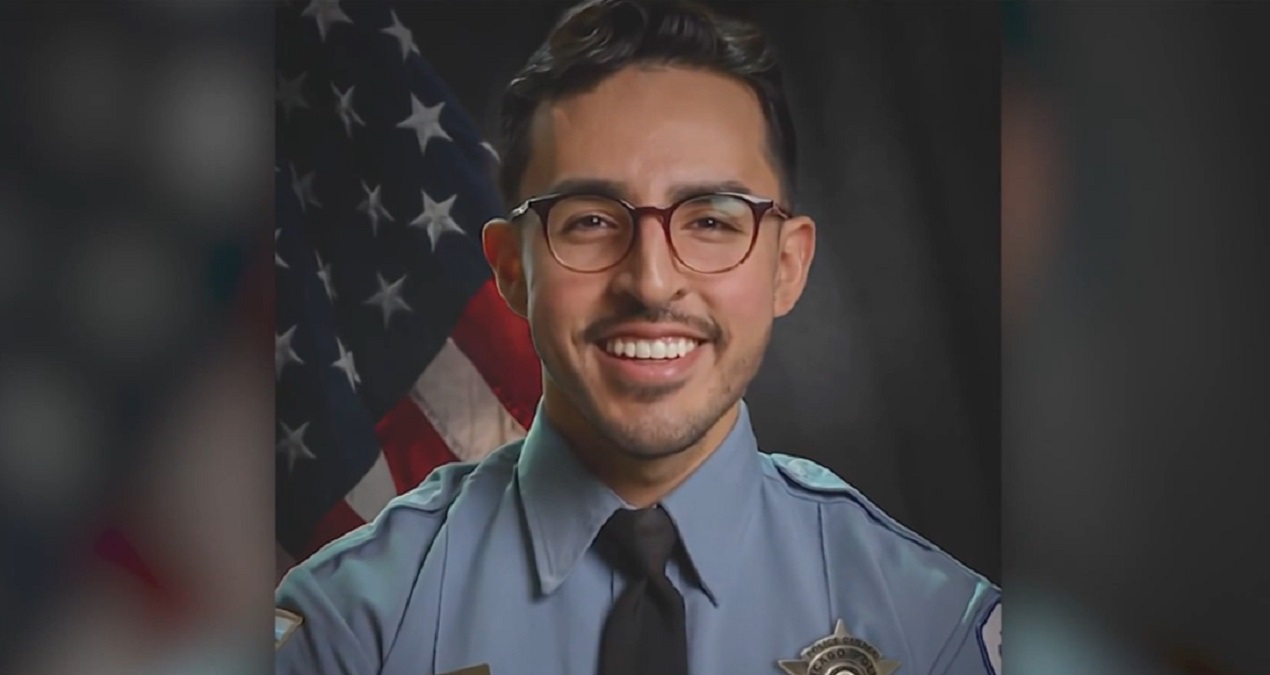Isolation during the pandemic has left teenagers feeling frustrated and worried about the future, as parents struggle to find help.
Arrion Shelton works two jobs as a registered emergency room nurse and a nurse practitioner. She has seen the pandemic’s impact both at work and at home.
“There is a rise in cases of suicidal ideations in children. a lot of depression. My daughter went through a bout of just being just emotional, crying,” Shelton said.
Worried about her 16-year-old daughter Tomia, Shelton started trying in August to find a therapist for her daughter to talk to, despite the stigma.
Feeling out of the loop? We'll catch you up on the Chicago news you need to know. Sign up for the weekly Chicago Catch-Up newsletter here.
“That is something that I've seen quite often in African American communities. You don't reach out for help, and I didn't want to make that same mistake,” Shelton said, but she acknowledges the process was frustrating. It’s definitely hard. Months, months to get in just to just to talk to someone.”
Shelton asked extended family to check in on Tomia and sought help from her counselors at Alan B. Shepard High School in Palos Heights.
Now six months later, Tomia says she’s feeling better.
Local
“Yes, I do. Honestly I’m thankful for those supporting me and everything, helping me through struggles I have,” Tomia said.
This is a scenario playing out in many households during this pandemic, says Dr. Gabrielle Roberts, a pediatric psychologist at Advocate Children’s Hospital.
“We're asking a lot of our children, asking a lot of parents. And I think parents are seeing the stress, and the loneliness and the sadness in their kids,” Dr. Roberts said.
With many teens learning remotely, their eyes remain locked on screens for both education and socialization.
“We knew that this was going to be a problem. But I'll tell you as a professional, I still have a hard time advising parents to pull their children away from what might be their only socialization, but, you know, you just have to try to balance it out,” Dr. Roberts said.
NBC Chicago talked to several teens about what they’re experiencing, including Nathan Kozak, a high school freshman.
“Parents, like, they can try to be like a bit more understanding towards kids, because it's this whole new situation that just got thrown on us and we weren't exactly expecting it,” Kozak said.
A high school freshman from Waukegan, Pili Rocha says pandemic life is full of ups and downs.
“I'll be full of energy but then sometimes I'll just drop straight to the floor and lose a lot of motivation,” Rocha said.
High school senior Cam’ron Hardy and his mom, Delvonna Hampton, worry about the milestones to come.
“I was really looking forward to prom, you know, getting dressed up and seeing everyone else looking nice,” Hardy said.
“The next step which is college, I am definitely concerned about that. Everything is online. Everything is virtual and not being able to have that that real-life experience,” Hampton, said.
It’s a stress many parents are faced with, Dr. Roberts says.
“We're fixers. We want to fix things,” she said. “It’s really hard for us to hear our children say that things aren't going well, but it's also really important that we validate how they're feeling and let them know that that those feelings are okay, but help them to problem solve and find ways to make life better within the bounds of the confines of our current life.”
When it comes to seeking help, Dr. Roberts lists signs parents should look out for, including changes in mood, changes in behavior, withdrawing more from family, spending more time in his or her room, and pulling away from friends.
Even if your child’s behavior hasn’t changed, you can still reach out.
“I say check in with your children anyway. Even if they seem okay, because you don't always know, just check in,” Dr. Roberts said.
The teens we talked to say those check-ins are important.
“For parents, I think it'd be nice to check in on students and their children to see how they're doing, because you never know how things are going if they ever talk about it, or if no one ever asked,” Cam’ron Hardy said.
“Just make sure to check in with everybody just because I know a lot of people are struggling. I'm struggling sometimes. And it's just good to let someone know that you’re there,” Pili Rocha said.



